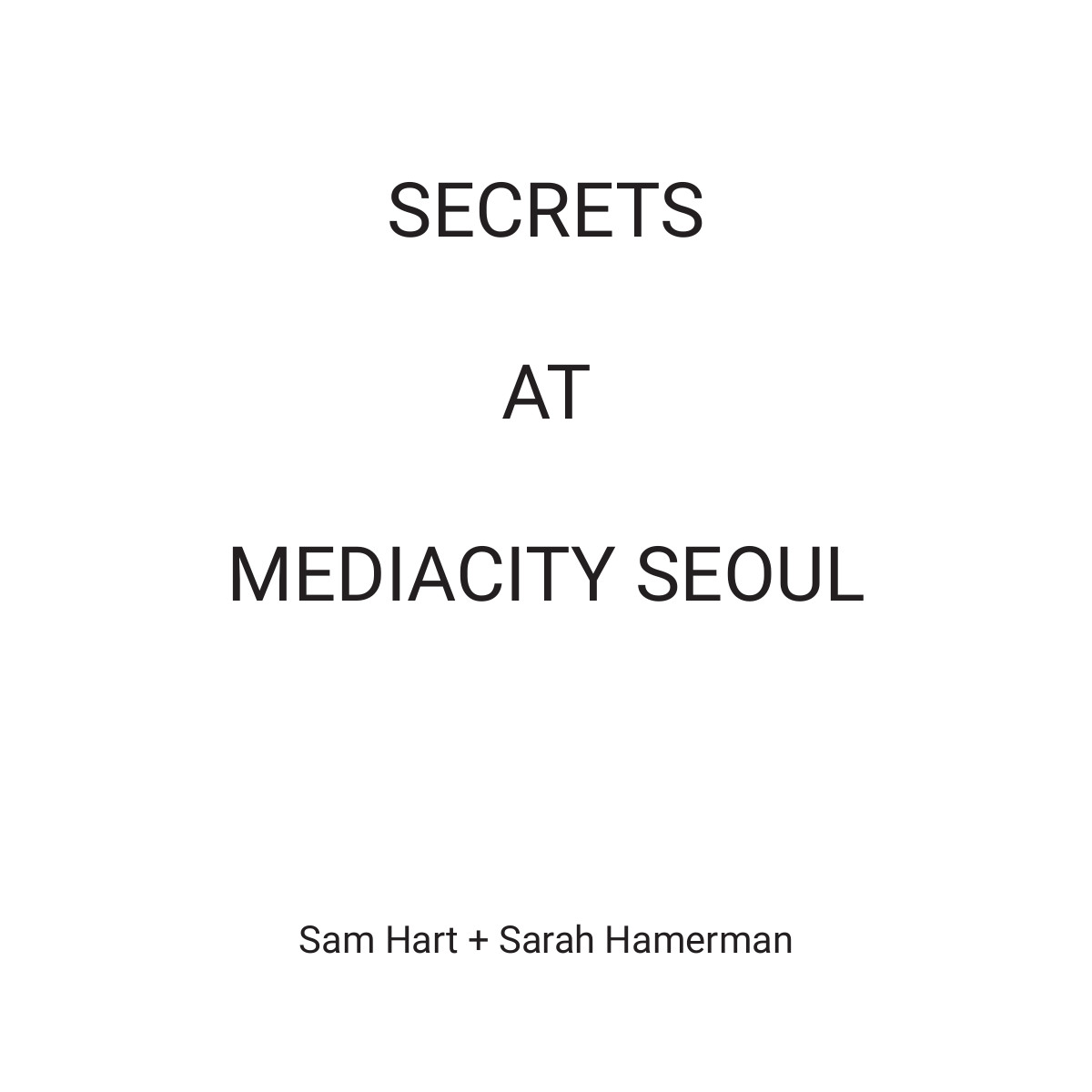Eglė Rindzevičiūtė: The Power of Systems: How Policy Sciences Opened Up the Cold War World (2016)
Filed under book | Tags: · biosphere, cold war, computing, cybernetics, environment, governmentality, history of science, networks, politics, secrecy, soviet union, systems science, systems theory

“In The Power of Systems, Eglė Rindzevičiūtė introduces readers to one of the best-kept secrets of the Cold War: the International Institute of Applied Systems Analysis (IIASA), an international think tank established by the U.S. and Soviet governments to advance scientific collaboration. From 1972 until the late 1980s IIASA in Austria was one of the very few permanent platforms where policy scientists from both sides of the Cold War divide could work together to articulate and solve world problems. This think tank was a rare zone of freedom, communication, and negotiation, where leading Soviet scientists could try out their innovative ideas, benefit from access to Western literature, and develop social networks, thus paving the way for some of the key science and policy breakthroughs of the twentieth century.
Ambitious diplomatic, scientific, and organizational strategies were employed to make this arena for cooperation work for global change. Under the umbrella of the systems approach, East-West scientists co-produced computer simulations of the long-term world future and the anthropogenic impact on the environment, using global modeling to explore the possible effects of climate change and nuclear winter. Their concern with global issues also became a vehicle for transformation inside the Soviet Union. The book shows how computer modeling, cybernetics, and the systems approach challenged Soviet governance by undermining the linear notions of control on which Soviet governance was based and creating new objects and techniques of government.”
Publisher Cornell University Press, Ithaca, NY, 2016
Creative Commons BY-NC-ND 4.0 International License
ISBN 9781501703188, 1501703188
xi+292 pages
Reviews: Roundtable: Barbara Czarniawska, Jenny Andersson, Claudia Aradau, Paul Rubinson, author’s response (H-Diplo, 2019), Kristine C. Harper (Isis, 2018), Benjamin Peters (Slavic Review, 2019), Gerald Easter (American Historical Review, 2018), Jeanne Morefield (J History of Ideas, 2020), Laurent Coumel (Cahiers du monde russe, 2018, FR), Una Bergmane (Lithuanian Historical Studies, 2018), Christian Dayé (Serendipities, 2018).
PDF (19 MB)
Comment (0)Clare Birchall: Shareveillance: The Dangers of Openly Sharing and Covertly Collecting Data (2017)
Filed under book | Tags: · data, dataveillance, filesharing, open data, protocol, secrecy, sharing, transparency

“In an era of open data and ubiquitous dataveillance, what does it mean to “share”? This book argues that we are all ‘shareveillant’ subjects, called upon to be transparent and render data open at the same time as the security state invests in practices to keep data closed. Drawing on Jacques Rancière’s ‘distribution of the sensible’, Clare Birchall reimagines sharing in terms of a collective political relationality beyond the veillant expectations of the state.”
Publisher University of Minnesota Press, Minneapolis, 2017
Forerunners: Ideas First series, 20
Creative Commons BY 4.0 License
ISBN 1517904250, 9781517904258
xii+72 pages
Reviews: Kevin Walby (Surveillance & Society, 2018), Clare Southerton (Media Theory, 2018).
Interview with author (Francien Broekhuizen et al., MeCCSA, 2016).
Sam Hart, Sarah Hamerman: Secrets at Mediacity Seoul (2018)
Filed under artist publishing | Tags: · encryption, information, secrecy

“Secrets at Mediacity Seoul traces a genealogy of artworks that examine the secret as an information structure, from the conceptual artworks of the 1960s to works that consider secrecy and encryption in today’s social and technological context. While conceptual art’s logic of dematerialization often undergirded an aesthetic of ‘pure’ information, it led artists from Douglas Huebler and Robert Barry to Mel Ramsden and Sophie Calle to investigate how secrets test the limits of what can be known and seen. But the role of secrets is political as well as epistemological. Works by artists such as Trevor Paglen, Jill Magid, Paolo Cirio and Hayal Pozanti consider how secrets organize the distribution of power, from algorithmic “black boxes” and state classification schemes, to new digital infrastructures built upon cryptographic primitives. Finally, Secrets at Mediacity Seoul looks beyond the catalogue’s documentary role, imagining how it might conceal or encrypt the absent artworks. The Secrets at Mediacity Seoul forms part of the Secrets research and curatorial project (2017-2018), a collaboration between Sarah Hamerman and Sam Hart. ”
Produced for Monoskop’s Exhibition Library in the 2018 Seoul Mediacity Biennale, 6 September–18 November 2018 at the Seoul Museum of Art.
Self-published in collaboration with Monoskop, Amsterdam, August 2018
[20] pages

